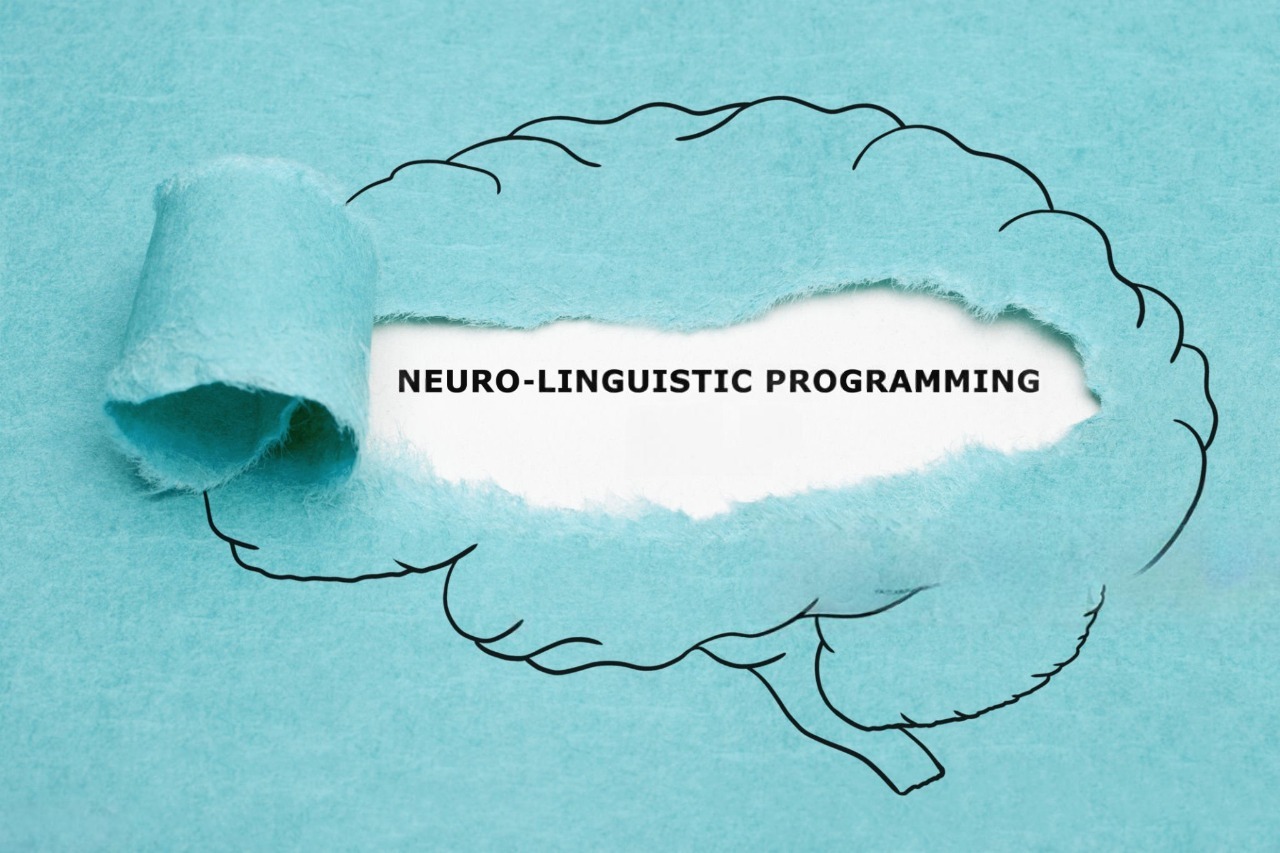What Is Neuro-Linguistic Programming? A Beginner’s Guide
What is Neuro-Linguistic Programming or NLP?
Have you ever wished you could change the way you think, feel, or behave—quickly and effectively? That’s exactly what Neuro-Linguistic Programming, or NLP as it is known, is designed to do. This powerful approach to communication and personal development has helped millions of people worldwide create real change.
In this article, we’ll break down what NLP is, how it works, and how you can use it to improve your life or support your clients more effectively.
How Neuro-Linguistic Programming began
Firstly, Neuro-Linguistic Programming (NLP) is a method that explores the connection between our thoughts (neuro), language (linguistic), and patterns of behaviour (programming). It was developed in the 1970s by Richard Bandler and John Grinder, who studied top therapists to find out what made them successful.
At its core, It is about understanding how we experience the world and learning how to change that experience to achieve better outcomes.
Breaking Down the Term: Neuro-Linguistic Programming
Let’s look at each part of the term:
- Neuro refers to the brain and nervous system. It includes how we process information from the world through our senses.
- Linguistic focuses on language, how we use it to communicate with ourselves and others.
- Programming is about the habits, thought patterns, and behaviours we’ve learned and how we can reprogram them for better results.
How Does NLP Work?
It uses techniques that help people identify unhelpful patterns in thinking or behaviour and replace them with more useful ones. These techniques are often fast, gentle, and highly effective.
Some common methods include:
- Anchoring: Creating triggers for positive emotional states
- Reframing: Changing the way, you interpret events
- Swish patterns: Replacing unwanted behaviours or thoughts with desirable alternatives
- Modelling: Learning strategies from people who excel in a certain area
Why Do Coaches and Therapists Use NLP?
Many coaches, therapists, and hypnotherapists use NLP because it helps clients make breakthroughs faster. It can complement other methods like cognitive behavioural therapy (CBT), hypnotherapy, or life coaching.
It’s especially helpful for:
- Building self-confidence
- Overcoming fears and phobias
- Breaking unresourceful habits
- Improving communication
- Setting and achieving goals
Can Anyone Learn NLP?
Yes! One of the best things about NLP is that it’s accessible to everyone. Whether you’re a coach, a therapist, or just someone interested in self-improvement, you can start learning and applying proper techniques right away.
There are certified NLP training programs, online courses, and books to help you get started.
Final Thoughts
Neuro-Linguistic Programming isn’t magic, but it can feel like it. By understanding how your mind works and learning to shift your thoughts and behaviours, you can unlock new possibilities in every area of life.
In conclusion, if you’re a practitioner looking to deepen your skills or someone on a personal growth journey, NLP offers powerful tools to support lasting transformation.
If you want to read more about NLP, click here for an article.
Lastly, if you are ready to explore NLP further either for a discovery session or a training course? Check out some of our NLP Practitioners and Trainers to start your journey today.







